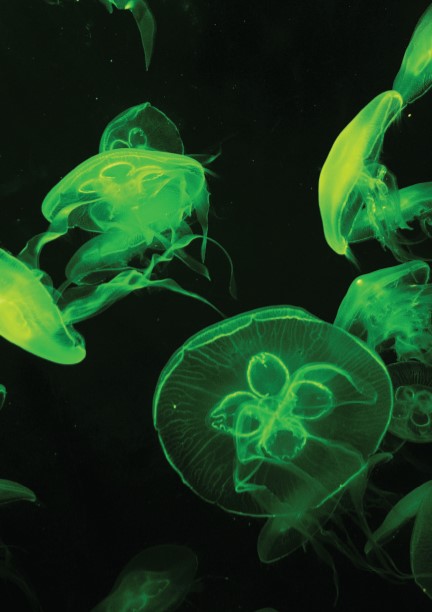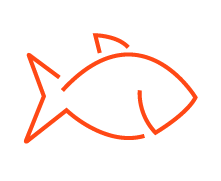


WOAH recognises the need for access to antimicrobial agents in veterinary medicine. Antimicrobial agents are essential for treating and controlling infectious diseases in aquatic animals. WOAH therefore considers that ensuring continued access to effective antimicrobial agents is important. Based on WOAH’s mandate for the protection of animal health and food safety, standards and guidance have been developed to provide guidance to Member Countries with regard to risks in the animal sector.
AMR is a global public and animal health concern that is influenced by the usage of antimicrobial agents in humans, animals and elsewhere. Those working in the human, animal and environmental sectors have a shared responsibility to address the risk factors for the selection and dissemination of antimicrobial resistance.
Since the establishment of the Global Action Plan (GAP) on Antimicrobial Resistance (AMR) (68th World Health Assembly, Geneva, Switzerland, 2015), most members of the World Health Organisation (WHO) have developed and implemented a National Action Plan (NAP) based on a “One Health” approach to AMR. Aquaculture, significant among the food producing sectors, has often been overlooked in AMR containment interventions.
Over the past decades, the growth of the aquaculture industry has led to the increasing use of antibiotics or chemical disinfectants for the prophylaxis or treatment of infections in aquatic animals. Antibiotics used in aquaculture are most often delivered in feed, sometimes by immersion of fish or other aquatic animals in closed tanks containing antimicrobials.
More than 80% of the delivered antimicrobials can be found in the water or sediment of the farming sites, which are not always equipped to filter and recover uneaten feed. The antimicrobial activity of unused medicines and their metabolites from fish faeces, even when treated, can remain intact for several months at concentrations high enough to exert a selective pressure on the bacterial diversity in the environment. This favours the selection of bacterial mutants that are resistant, a horizontal transfer of antibiotic resistance genes and their possible dissemination to animal and human populations.
In this regard, and under its mandate in the Quadripartite, WOAH has been organising workshops on AMR in aquaculture. The first workshop held in Durban, South Africa, in 2019 was aimed at familiarizing officials from the veterinary services and the fisheries of Southern African Development Community (SADC) countries with antimicrobial use in aquatic animals as captured in the WOAH Aquatic Animal Health Code and to create awareness on AMR in aquaculture. A follow-up workshop for the WOAH subregional representations for Eastern and Southern Africa was held in Maputo, Mozambique in 2022. This was projected to revisit the recommendations that were made in the Durban workshop, as well as to advocate for the meanwhile adopted WOAH Global strategy on aquatic animal health.
Twenty-one (21) Eastern and Southern African Members participated in the previous workshop. During this workshop, follow-up actions areas for the Quadripartite, WOAH and countries were identified.
The current workshop therefore seeks to reinforce some concepts that were introduced in the past workshop, review progress made by countries, WOAH and the Quadripartite in the last year. This will support prioritization of interventions on AMR in aquaculture and enable a mapping out for areas of support and collaboration by the different stakeholders. A road map of the targeted changes expected to be realised by countries in the next two years will be drawn and a concrete methodology to address it developed.
Note that this is an event exclusively targeting WOAH National Focal Points for Aquatic Animals and WOAH AMR Contact Points for Animal Health (invitation only).
Contact : Dr. Francesco Valentini, Programme Officer, WOAH, Tunis : [email protected]

